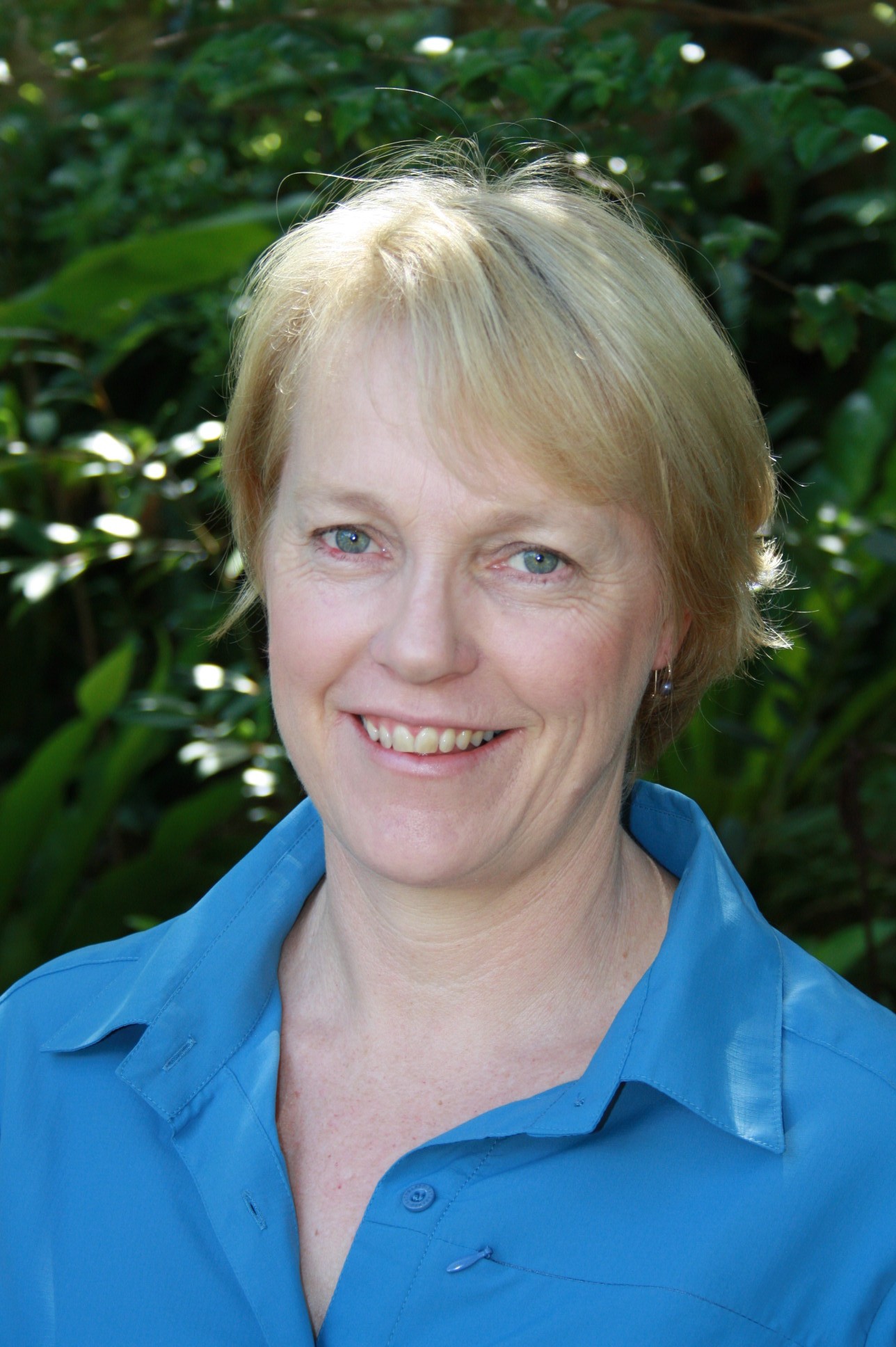The 2018 National Sustainability in Business Conference will be held over Thursday 8 and Friday 9 March at the Hotel Grand Chancellor, Brisbane.
Jurlique is an Australian based global skin care company, founded in 1985 and based in the pristine Adelaide Hills. The company has been named as Australia’s Number 1 selling prestige skincare brand from 2014 to 2016, it is present in over 22 countries and has been successful both due to the unique product characteristics and due to the brand which resonates with consumers globally.
Jon Westover, Managing Director – Global Operations at Jurlique International joins us at the Conference as a Keynote Speaker.

Jon Westover
As the only Australian beauty brand with their own certified biodynamic farm, Jurlique has been the leader in natural skin care science for over 30 years, and applies advanced technologies to natural ingredients to create high performance, potent skin care for healthy beautiful skin. They have been challenging orthodoxies by competing directly in the marketplace against synthetic competitors’ products.
Sustainability is a core element of the company and integrated across all of their business activities especially formulation, procurement, packaging development, and supplier management. Key initiatives are the production of Natural products from the Biodynamic/Organic Farm, Sustainable Packaging, Waste Management, Supply chain optimisation, Biodiversity and Conservation. The company’s efforts have been recognised by external stakeholders such as winning the Australian Packaging Covenant Highest Performer Awards in the small personal care category for four years in a row.
More and more consumers demand sustainability in their everyday product choices. The biggest challenge for Jurlique is to bring new innovative products to the customer while still targeting sustainability goals and financial goals. To achieve these goals, the company needs to keep challenging conventional business strategy as well as influencing their partners. Sustainability is a fundamental element of their corporate brand position.
Jon Westover has been with Jurlique since 2009 and leads the sustainability strategy across the company in conjunction with the Brand and Commercial teams. He has worked in global operations roles for a number of International and Australian companies and is a passionate advocate of Jurlique’s sustainability strategy and culture.
Click here to download the conference program.
Visit the 2018 National Sustainability in Business Conference website for further information and to register today!



